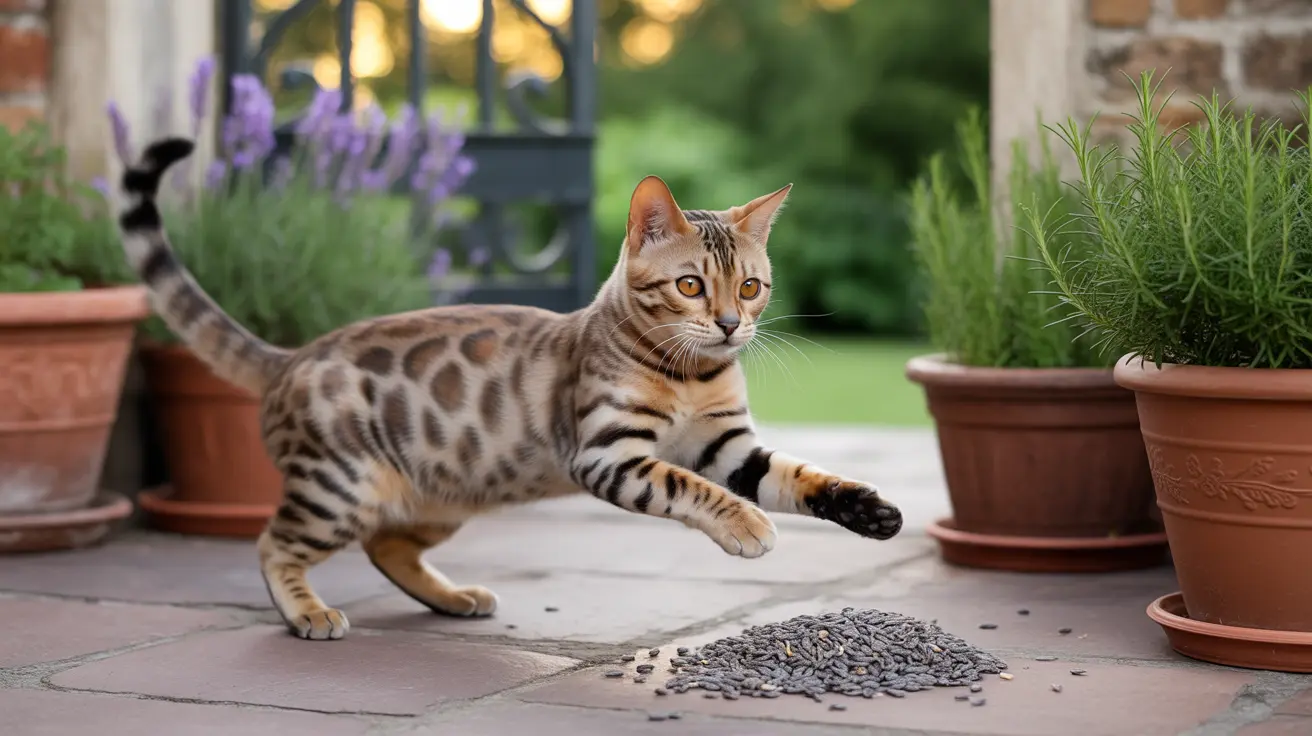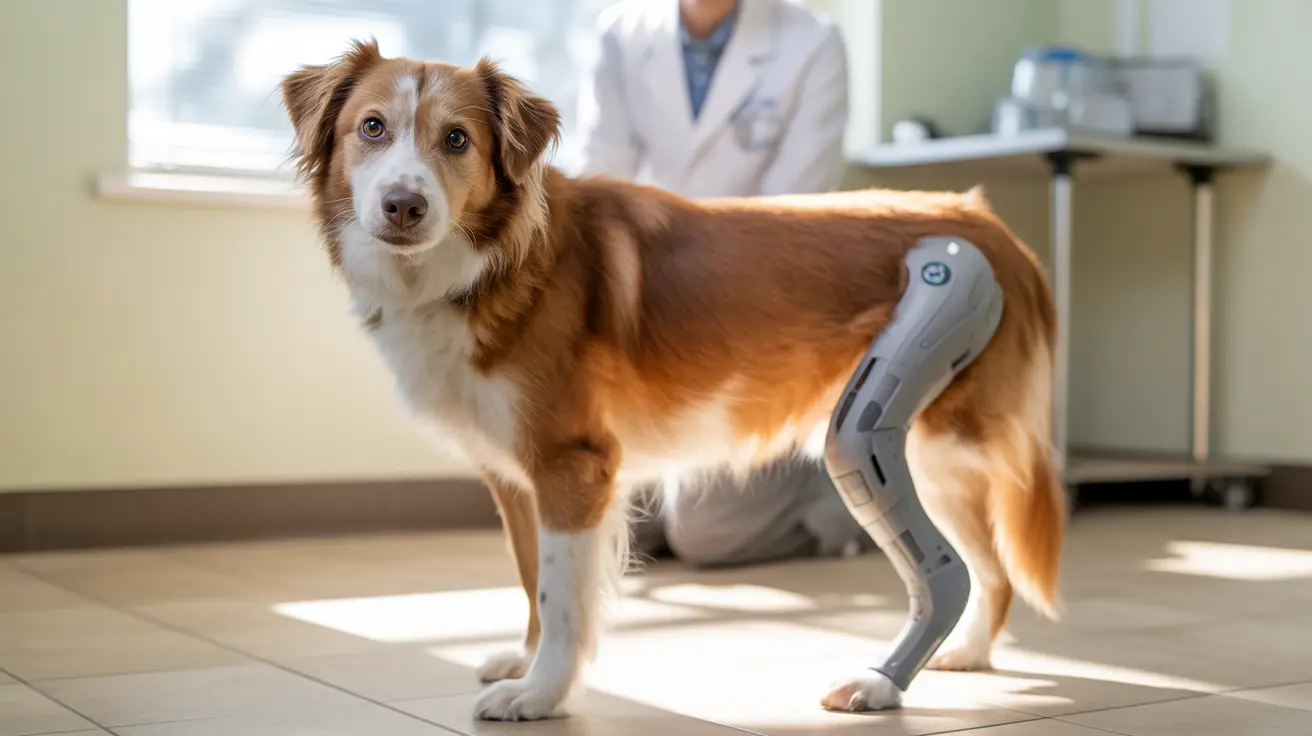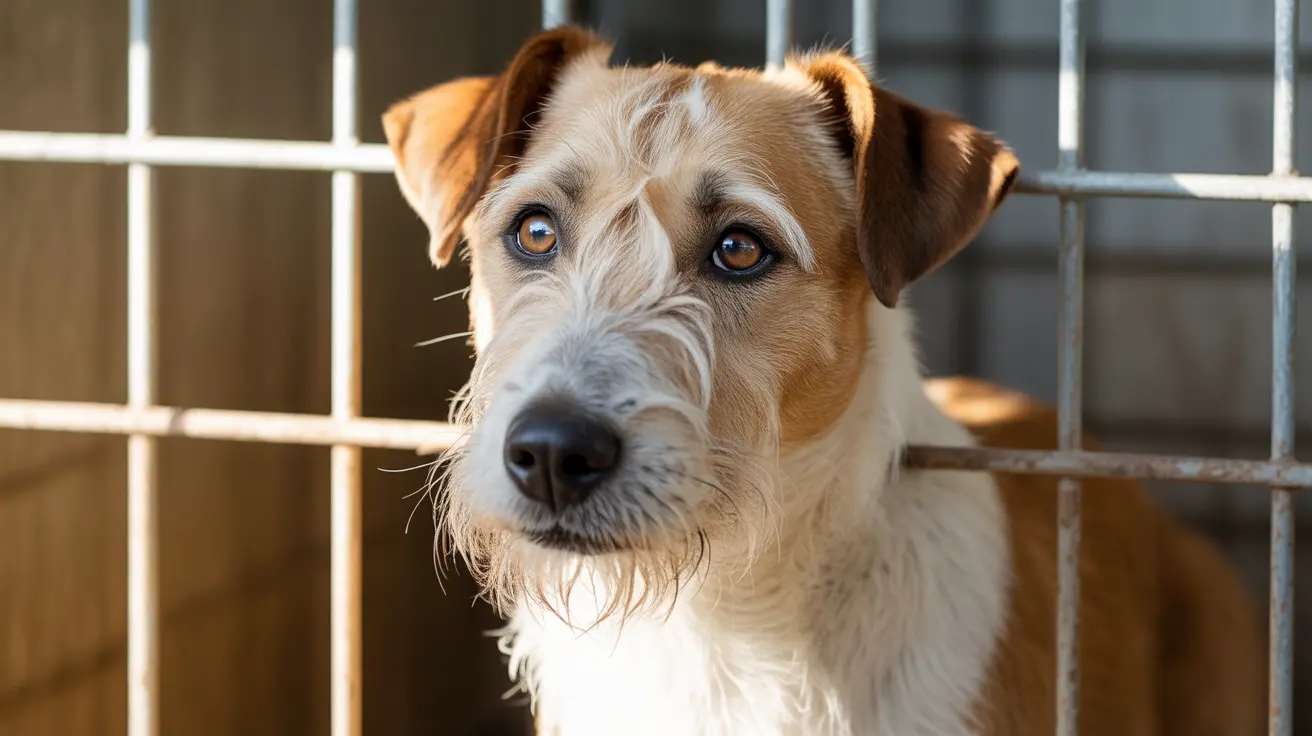Many cat owners wonder about the safety of their feline friends encountering bird seed, especially those who maintain outdoor bird feeders. While cats might show interest in bird seed, understanding the implications of this interaction is crucial for their health and well-being.
In this comprehensive guide, we'll explore everything you need to know about cats and bird seed, including safety concerns, potential health risks, and how to protect your pet from unnecessary exposure.
Understanding the Risks of Bird Seed for Cats
Bird seed itself isn't inherently toxic to cats, but several important factors make it unsuitable for feline consumption. As obligate carnivores, cats' digestive systems are specifically designed to process meat, not plant-based materials like seeds.
Potential Health Hazards
The primary concerns when cats consume bird seed include:
- Digestive upset and discomfort
- Potential choking hazards
- Risk of mold exposure
- Possible intestinal blockage
- Exposure to harmful additives in some seed mixes
Nutritional Impact on Cats
Cats require a diet rich in animal protein and specific nutrients like taurine that aren't present in bird seed. When cats consume bird seed, they're not only getting zero nutritional benefit but potentially displacing proper nutrition from their diet.
Why Cats Might Eat Bird Seed
Cats may be attracted to bird seed for several reasons:
- Natural hunting instincts around bird feeders
- Curiosity about new textures and smells
- Boredom or playful behavior
- Mimicking other animals they observe
Preventing Bird Seed Consumption
To protect your cat from the risks associated with bird seed consumption, consider these preventive measures:
- Place bird feeders in areas inaccessible to cats
- Clean up spilled seed promptly
- Use covered feeders that minimize scatter
- Create designated outdoor spaces for cats away from feeding areas
Safety Measures and Monitoring
If you suspect your cat has consumed bird seed, watch for these warning signs:
- Vomiting or diarrhea
- Lethargy or unusual behavior
- Loss of appetite
- Signs of digestive discomfort
Frequently Asked Questions
Can cats safely eat bird seed, or is it harmful to their health?
While bird seed isn't typically toxic to cats, it's not safe or recommended for regular consumption. It can cause digestive issues and offers no nutritional value for cats.
What symptoms should I watch for if my cat eats old or moldy bird seed?
Monitor for vomiting, diarrhea, lethargy, and loss of appetite. If your cat shows any of these symptoms after consuming moldy bird seed, contact your veterinarian immediately.
Why is bird seed nutritionally unsuitable for cats compared to their regular diet?
Cats are obligate carnivores requiring animal-based protein and specific nutrients like taurine. Bird seed lacks these essential nutrients and can be difficult for cats to digest.
How can I prevent my outdoor cat from eating bird seed and potential contaminants?
Place bird feeders in areas cats can't access, clean up spilled seed regularly, and provide engaging activities to keep your cat occupied away from feeding areas.
Are there any toxic ingredients in some bird seed mixes that I should be aware of for my cat's safety?
Some bird seed mixes may contain dried fruits (like raisins) or additives that are toxic to cats. Additionally, moldy seed can produce dangerous aflatoxins.
Conclusion
While cats might show interest in bird seed, it's important to prevent them from consuming it. Focus on providing your cat with a proper, nutritionally complete diet and create an environment that minimizes their access to bird seed. If you maintain bird feeders, take precautions to keep your curious feline friend safe while still enjoying the beauty of wild birds in your yard.






